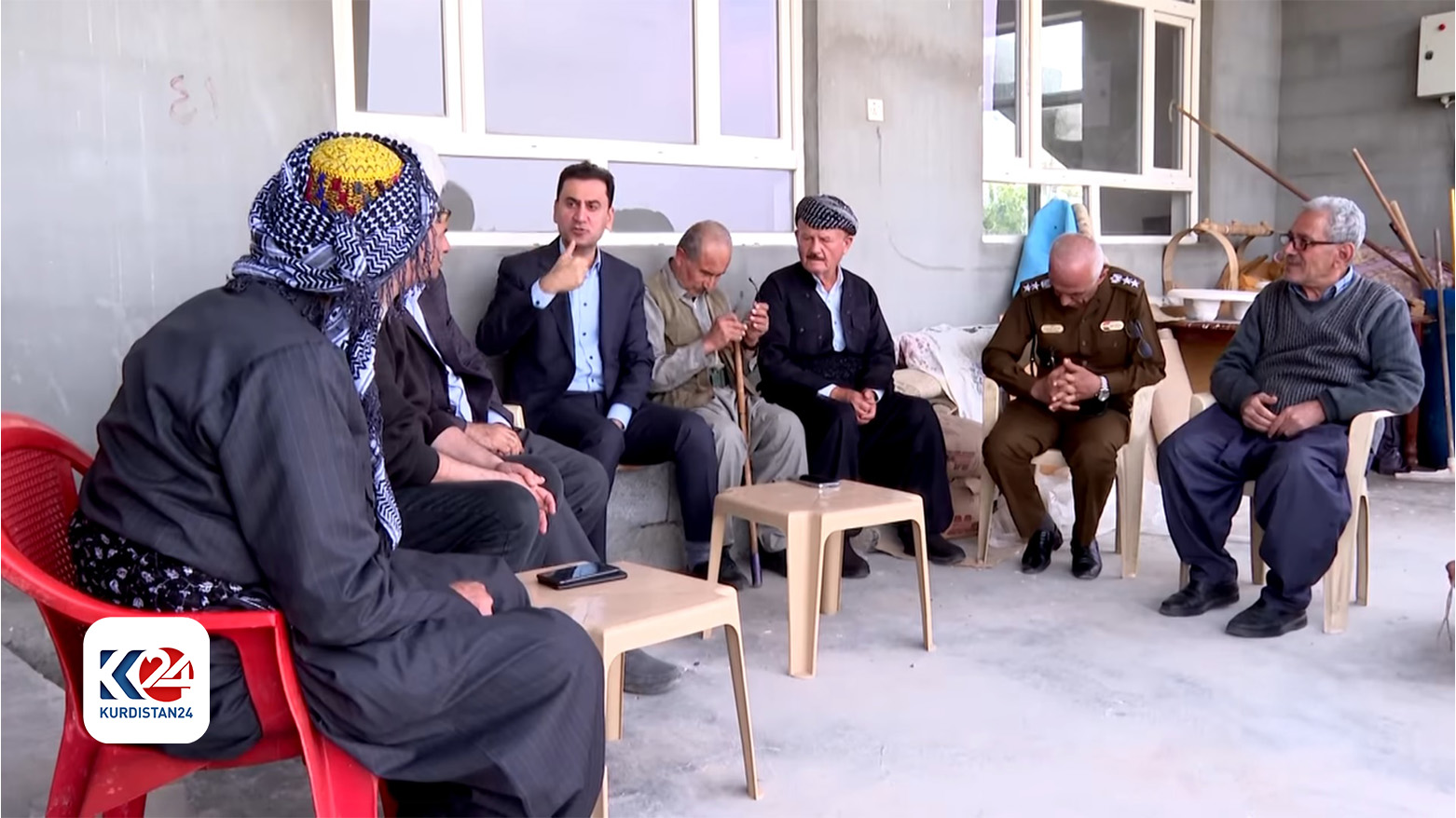Kurdistani families return to ancestral villages ahead of crucial census
Their primary concern lies in safeguarding the Kurdistani identity of their home regions, particularly those located in the Article 140 areas.

Nov. 18, 2017
ERBIL (Kurdistan24) - In the lead-up to the national census, many families originally from disputed territories have returned from Erbil and other locations to register in their ancestral villages.
Their primary concern lies in safeguarding the Kurdistani identity of their home regions, particularly those located in the Article 140 areas.
One such village, Dara Xurman, sits at the foot of Qarachukh Mountain, where decades of forced displacement and Arabization policies have left a lasting impact.
“It is really important,” one original resident emphasized. “This land falls under the jurisdiction of Article 140. It has suffered numerous Arabization processes over the years. We’ve been displaced, expelled, and persecuted time and time again. After enduring all these hardships, why should we abandon this land? Am I right? We should aim to have 100 families here, not just 50. Why not 200 instead of 20?”
Another concerned resident voiced fears about potential obstacles to the full repatriation of displaced families, stressing the urgency of ensuring a strong Kurdish presence.
“We still worry that the Iraqi government may block our return or that of other displaced families. This is why we want to increase the number of Kurdish families in the area to clearly demonstrate our majority. Even families residing in Erbil have returned,” he explained to a Kurdistan24 reporter Renas Ali.
Many of these villages face administrative challenges, such as not being registered on official maps or lacking updated records. The Director of the Kendinawa area assured that measures are being taken to address these issues.
“Preparations are underway for returning families. We can provide shelter for those who need accommodation during the census period. There are challenges, like incomplete or outdated data, or some original residents being away, either within Iraq or abroad. These could impact the census, but overall, the process is progressing smoothly,” the Director noted.
The census effort encompasses key areas like Makhmour, Qaraj, Kendinawa, Dibaga, and Gwer, where 210 Kurdish villages are set to be registered.
While the census in the Kurdistan Region generally serves to gather population data and document demographic growth, for disputed Kurdistani areas outside the KRG Administration, it carries far greater significance.
It represents a critical opportunity to affirm the Kurdistani identity and population percentages of these regions.
Families have returned to their ancestral lands, driven by the duty to be registered as Kurds and protect their historical and cultural ties to these areas.
Further reporting was done by Kurdistan24 correspondent Renas Ali.